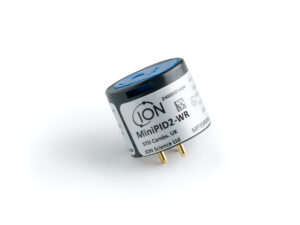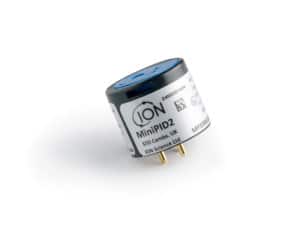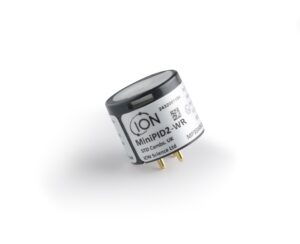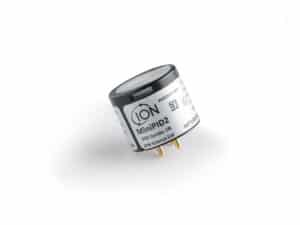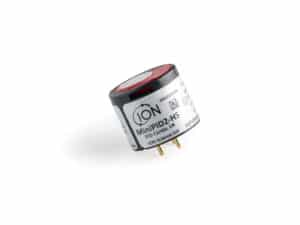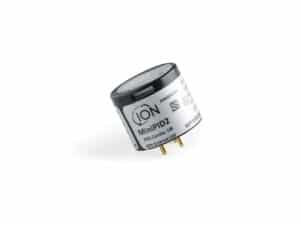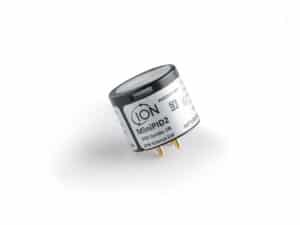
VOC Detection Within Laboratories
Many of these gases are known collectively as Volatile Organic Compounds
Gas Detection within these environments is essential in order to keep the working environment healthy, safe, and risk-free. To ensure optimal working conditions, the installation of an efficient ventilation (HEPA) system and a gas detection and monitoring system for monitoring VOC gases is critical.
Gas detection technology has brought about an increase in a laboratory’s capacity for efficiency, both within the facility itself, it’s processes and also in the safety of the people who work within this environment.
Monitoring Toxic Gases Within A Laboratory Environment
In any laboratory where experiments or research is carried out toxic gas is likely to be present.
In any laboratory where experiments or research is carried out toxic gas is likely to be present. Gases originating from aldehydes or alcohols e.g. ethanol, isopropanol and formaldehyde are commonly found due to the type of work being done. It is important that these gases are monitored regularly and accurately to ensure the air quality of the people that are working there and also the important work that is being done in this environment remains unaffected. Many of these gases are known collectively as Volatile Organic Compounds (VOCs).
However, Volatile Organic Compounds (VOCs) and toxic gases continue to be present within hospitals, cleanrooms and laboratories due to the type of work carried out. Those responsible for working within these environments face potential implications due to the impact hazardous VOC gases can have on both the health of workers AND of equal importance on the work and tests being conducted.
”One particular form of laboratory where it is it is of huge importance to monitor and control air quality and VOC levels are Assisted Conception Unit (ACU) laboratories. ACU laboratories are facilities where a whole range of medical procedures are carried out to address infertility such as in vitro fertilisation (IVF) and intracytoplasmic sperm injections (ICSI). It is in these laboratories where it has been found that poor air quality can have a catastrophic effect on the embryo and the overall success rate of IVF treatments.
Gas Detection And Monitoring
Volatile organic compounds (VOCs) are a wide range of naturally and synthetically occurring chemicals which are found almost everywhere but also specifically in laboratory environments. They are described as volatile because they evaporate at temperatures found on Earth, releasing molecules into the atmosphere. VOCs are also extremely useful in our daily lives. They form the building blocks of many synthetic materials (plastics, rubbers, glues, paints etc.), are used to create pharmaceuticals, and are a great fuel for transport and heating.
The development of laboratory safety and cleanroom technology has enabled much higher levels of safety and cleanliness in manufacturing, pharmaceutical and scientific laboratories and including any other environment in which small particles or gases in the air can be detrimental to the process.
Download our FREE Guide
“Monitoring Toxic Gases Within A Laboratory Environment”
The monitoring toxic gases within a laboratory environment guide which can be downloaded below provides the reader with an in-depth balance of knowledge which talks through the everyday toxic gases (VOCs) that are present in laboratory environments. Vapours or gases that circulate around the facilities can be extremely dangerous in laboratories dealing with IVF as exposing human embryos to harmful VOCs can impact on their development. While most ACUs will have air purification technology or HEPA filters, these do not eliminate VOCs.

Related Guides
Gas Detection Equipment For The Detection Of VOCs Within Laboratories
Download your FREE Guide
Simply complete the form below to obtain your FREE Guide on “Monitoring Toxic Gases Within a Laboratory Environment”.
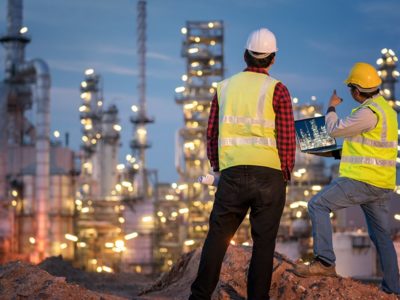
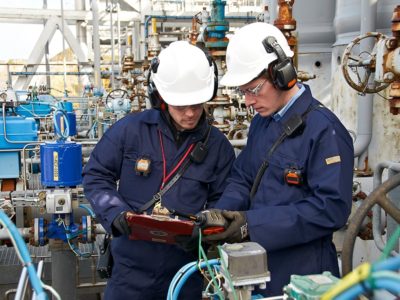
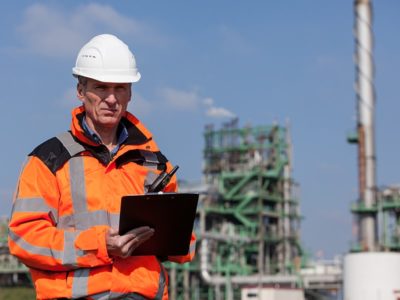



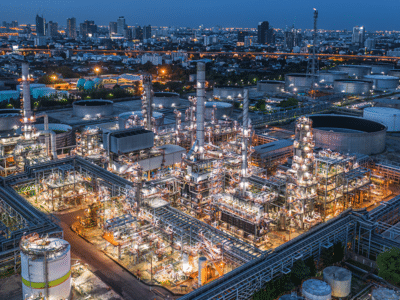
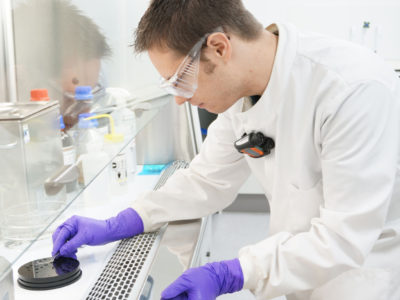
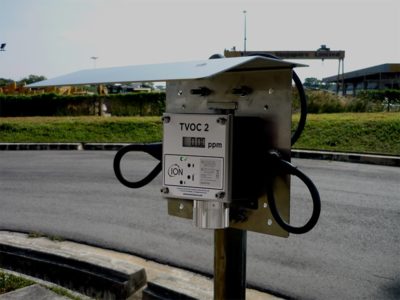

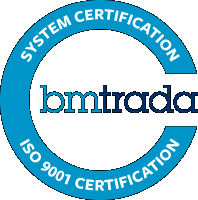
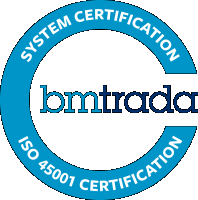
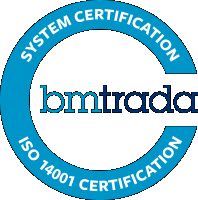
 United Kingdom
United Kingdom